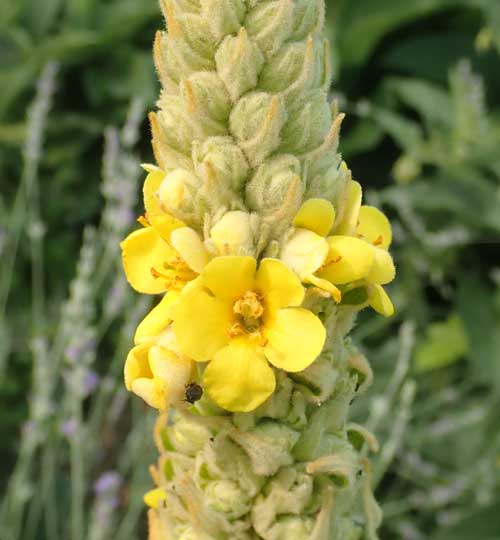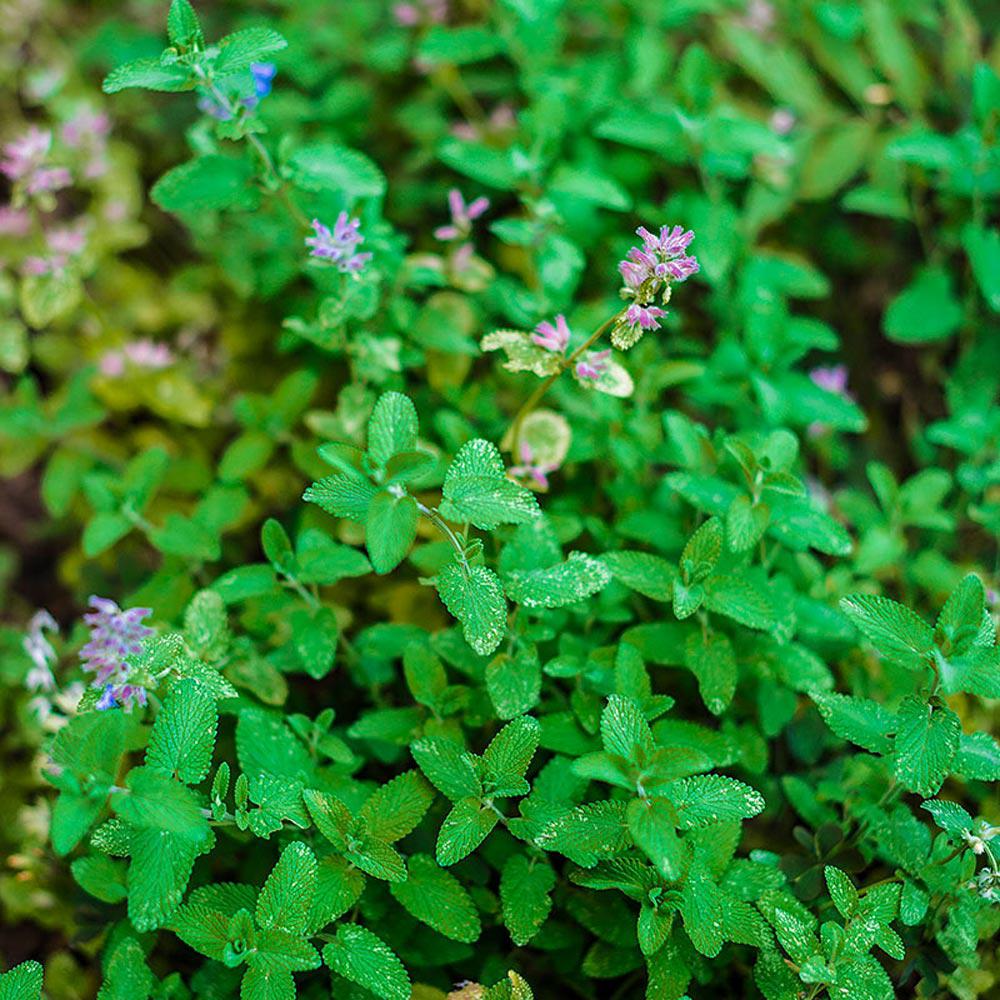There’s no other way around it: Quitting smoking is hard. If you been smoking for years and you find it hard to kick the habit, that’s completely normal. Smoking is highly addictive, and as you and most of us already know, cigarettes contain lots of nicotine (and other harmful substances), which make quitting the habit very tough.
There are many things you can look into doing when you want to start the process of quitting smoking. Going cold turkey may be a valid option, but it can be very unhealthy as well. And while others pay lumps of money to pay doctors or quit-smoking programs, what’s surprising is that your kitchen actually holds a lot of natural and effective anti-smoking aids or remedies! Here are a few natural quit-smoking remedies that can be found in the kitchen or fridge.
St. John’s Wort

If you’re looking for natural remedies for smoking-related issues, maybe you should try St. John’s Wort. What makes this herb an effective anti-smoking aid is that it helps expel mucus from the lungs and bronchial tracts, and it helps speed up the elimination of toxins from the bloodstream brought about by smoking.
It’s advised that you take St. John’s Wort supplements, or teas, a few weeks before planning to quit smoking, because it may take 2 to 3 weeks before you can feel the effects. However, don’t take it if you’re on antidepressant medications, oral contraceptives or HIV medications, as the herb may reduce the effects of these medicines.
Licorice Stick

Licorice is actually the root of Glycyrrhiza Glabara, a type of legume that’s commonly found in Asia and Europe. Licorice root contains an aromatic compound called anethole, which is found in anise and fennel. It also contains another compound called glycyrrhizin, which provides a sweetness that’s 50 times greater than sugar, and can serve as a potent anti-smoking candy when chewed.
Mullein

Apart from joining natural, and effective anti-smoking therapies, mullein (Verbascum thapsus) is another herb that’s effective for those who’d like to quit the habit. As this herb has a great affinity for lungs, it’s excellent to take when quitting smoking.
Mullein tones the mucous membranes of the lungs, speed up the healing of damaged tissue, relieves congestion, expels excess mucous, and helps purify the lungs. It acts as a gentle sedative too, as it’s calming effect helps reduce anxiety, and treats insomnia experienced when trying to quit smoking.
Hyssop

Hyssop is an herb that had potent expectorant properties, making it great for helping smokers kick the habit. The herb relieves anxiety too and soothes the nervous system while enhancing or sharpening mental clarity and focus. It’s also a nice herb to incorporate with a therapy program.
Catnip

Catnip (Nepata Cataria) is an herb that has a calming effect on the mind, making it great for treating anxiety, and for helping you stop smoking too. Place several drops of catnip tincture on the back of your tongue, so that your craving for cigarettes slowly dissipate.
However, excessive intake of catnip may cause headaches, nausea or vomiting. Smoking catnip can also cause headaches, thus proceed with caution if you intend to do this.
Lobelia
Also called Indian tobacco, Lobelia is a herb that’s noted to considerably help reduce the craving for cigarettes, and it also lessens the withdrawal symptoms associated with smoking cessation.
While lobelia produces similar effects as nicotine, it doesn’t cause any damage as compared to nicotine, and it isn’t addictive or habit-forming too. Lobelia contains a beneficial alkaloid called isolobelaine, which relaxes the central and autonomic nervous system.
Take 5 to 10 drops of Lobelia tincture under the tongue, or sip in tea form, and you’ll notice your craving for cigarettes subside in 5 to 10 minutes. This herb should be a nice add-on to other effective natural methods.








